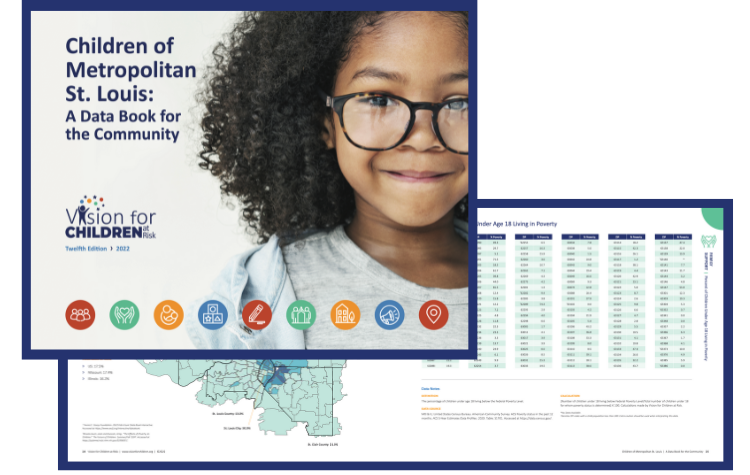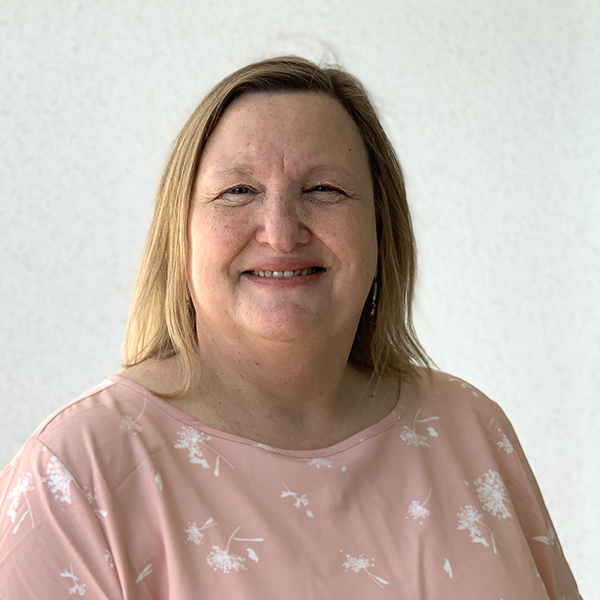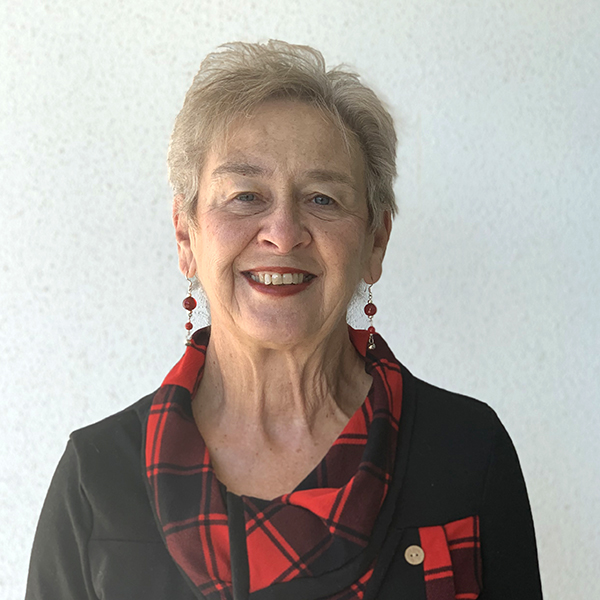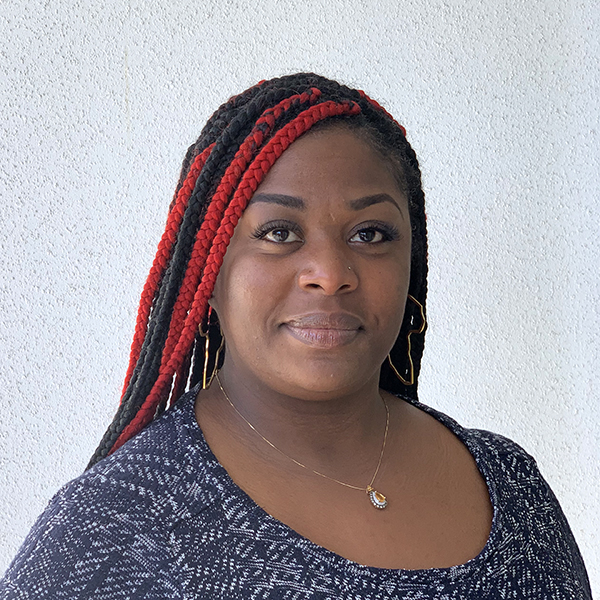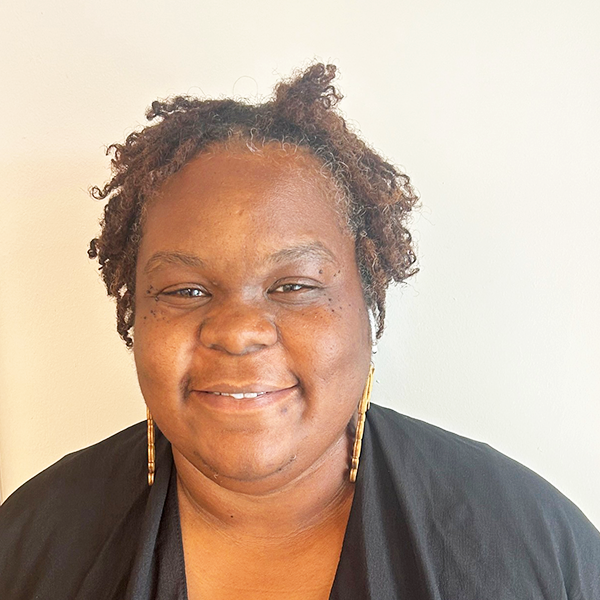Advocacy
A Holistic Approach to Change

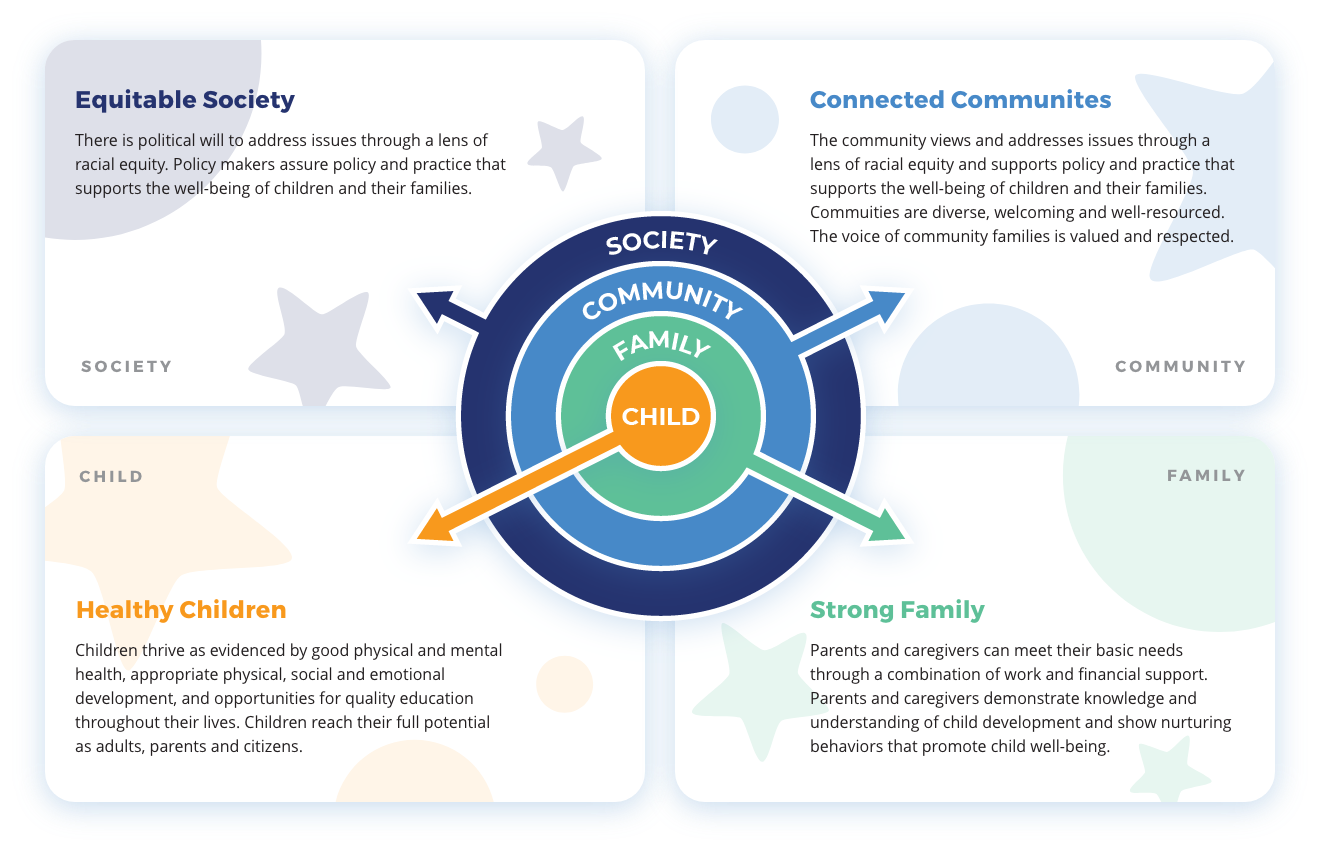
Our theory of change is based on these assumptions:
- Racial and economic inequities exist that adversely impact the well-being of children;
- Family and community voice are critical in creating meaningful change;
- Families and communities must be included as leaders in the (re)creation and implementation of the systems, policies, and practices that impact their lives;
- Child well-being cannot be separated from family well-being; and
- Movement toward child well-being requires macro level policy change as well as micro level change in individual lives.
We believe that meaningful long-term change will result when these outcomes are achieved.
Download our theory of change here and a graphic displaying our work in action here.
Healthy Children
Indicators that we are achieving the desired outcome for children
- Parents/caregivers have healthy interpersonal relationships;
- Parents/caregivers model nurturing behaviors and positive communication;
- Parents/caregivers are socially connected and resilient;
- Children receive timely developmental screenings and needed follow-up services; and
- Children arrive at kindergarten ready to learn.
Strong Families
Indicators that we are achieving the desired outcome for families:
- Parents/caregivers have healthy interpersonal relationships;
- Parents/caregivers model nurturing behaviors and positive communication;
- Parents/caregivers are socially connected and resilient;
- Parents understand child development;
- Families are empowered to make decisions about their own families; and
- Families recognize and embrace their role as active community/civic participants.
Connected Communities
Indicators that we are achieving the desired outcome of connected communities:
- The community has opportunities to access affordable, healthy food, affordable and decent housing, quality mental and physical health care, gainful employment, transportation, and early care and education;
- Neighborhoods are stable and safe;
- Communities encourage active parent/caregiver participation in activities and decision-making;
- Linkages to concrete supports and quality services are available when needed; and
- The community has culturally competent services and supports.
Equitable Society
VCR employs a combination of state-level, local, and grassroots advocacy to create systems-level change. As we move forward, our goal is to continue to incorporate the lived experience of our families into advocacy work. Working together with parents, community advocates and service providers, we strive to create an environment in which all of our community members feel safe, feel empowered, and are free from the social toxic stress that has proven to harm families and children.
Indicators that we are achieving the desired outcome of an equitable society:
- Federal, state, and local laws and policies acknowledge racial inequity and seek to redress it;
- Families can meet basic needs through a combination of living wages and work supports (e.g. earned income tax credit, SNAP, subsidized childcare);
- Social norms and public will recognize that we are all responsible for the common good; and
- There is no stigma associated with needing or asking for help.
View Other Focus Areas
- Learn More
- Learn More
- Learn More
Upcoming Events

Children's Mental Health Events
A Family Summit on Friday and Family-Fun Event Saturday!

System of Care Council
Collaborating on issues concerning families and mental health.

TBD
Parent Café Next Series Coming Soon!
Children’s Data
A Data Book for the Community
Vision for Children at Risk informs the community with data and information on child well-being in the St. Louis area, builds and drives collaboration and strategic action for children, and advocates for policies and investment in children that support child well-being.
